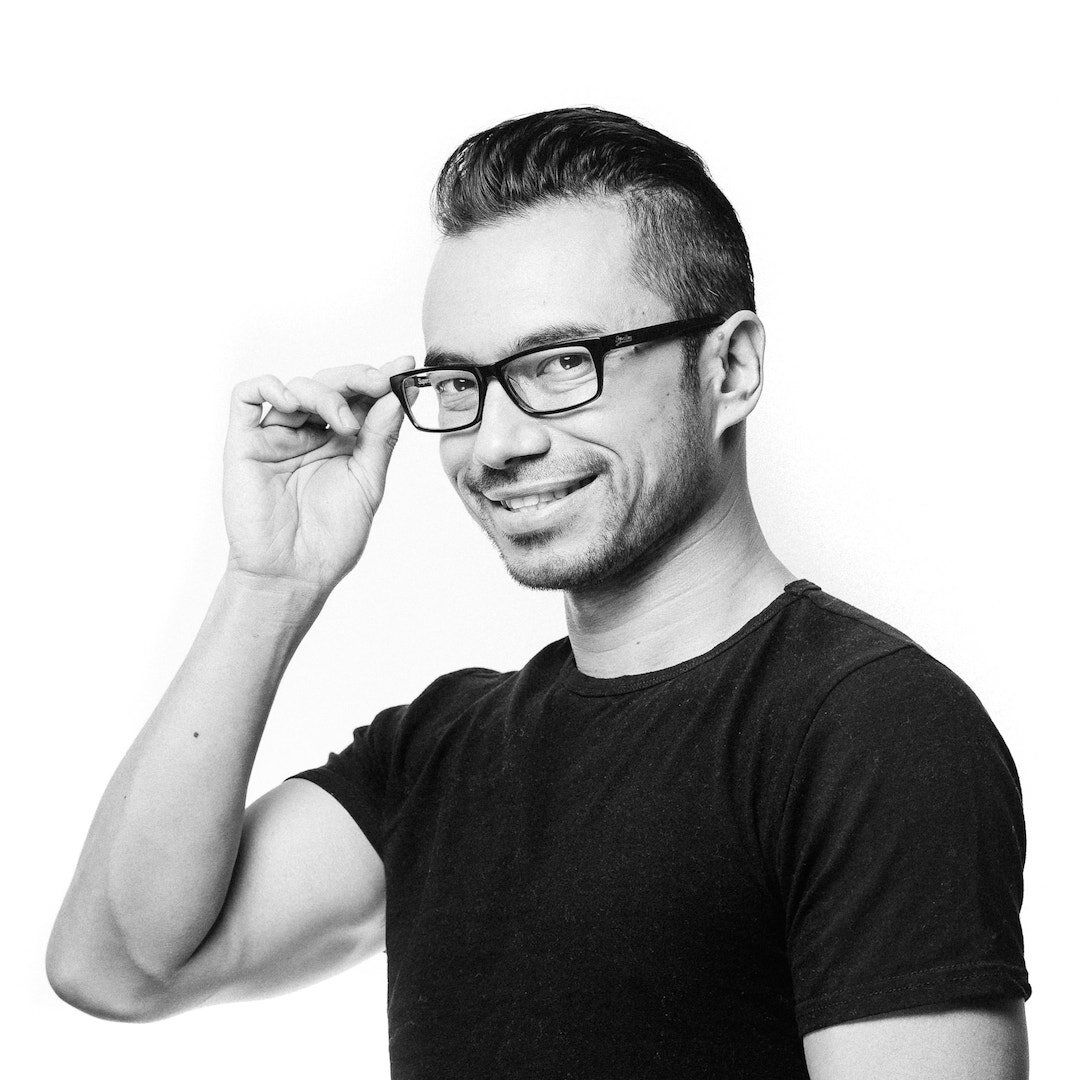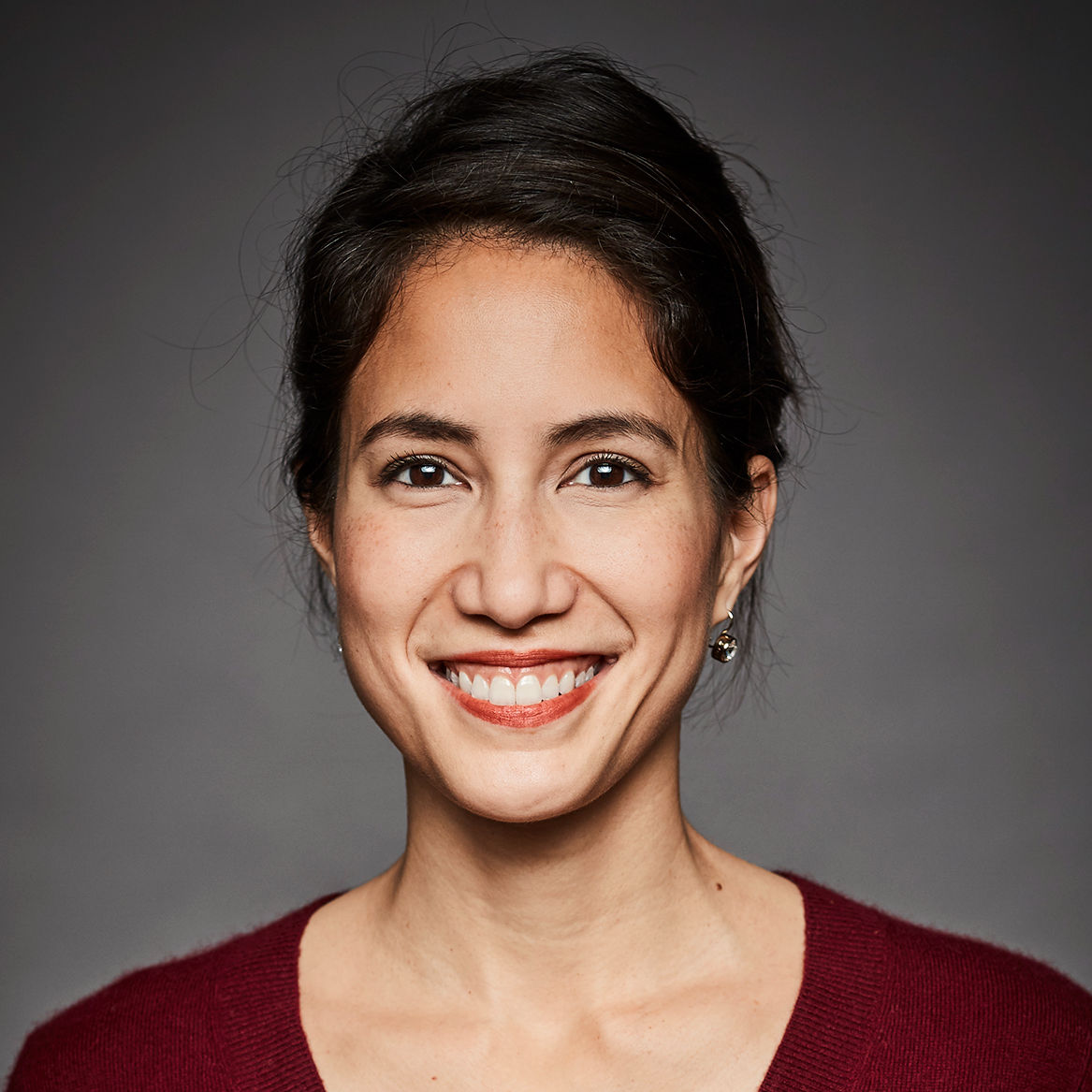UX and Digital Product Design
- —Human-Centred Design
- —Research, Ideation, prototyping, testing
- —Figma, AI tools, and portfolio work

This course combines foundational UX knowledge with cutting-edge design tools and AI-powered techniques for research, design, and collaboration. Through weekly live workshops, video lessons, and team projects, you’ll gain hands-on experience in solving real-world problems and develop a polished portfolio piece to showcase your skills.
- Format
- Distans
- Location
- Online
- Fee
- 31 600 SEK (excl. VAT)39 500 SEK (incl. VAT)
- Apply before
- Wednesday 27 August
- Start
- Wednesday 24 September
- End
- Wednesday 10 December
See more info about times and dates
In today’s fast-paced digital world, Human-Centred Design (HCD) is more critical than ever. Designers, makers, and entrepreneurs are driving innovation by solving meaningful problems rooted in human needs. And with the rise of AI, product design is evolving - empowering designers to streamline research, ideation, and prototyping processes. Those who leverage AI effectively will build higher-quality products faster and with greater impact.
Over 12 weeks, you’ll explore the full UX design process - from understanding user needs to delivering prototypes that solve real-world challenges. You’ll build expertise in research, ideation, prototyping, testing, and team collaboration, while using industry-standard tools like Figma and AI-driven workflows to accelerate your design process.
Whether you’re a designer, product manager, aspiring UX professional, or entrepreneur, this part-time online course equips you with the techniques and confidence to tackle complex design challenges and make an immediate impact.
Week 1: Course kick-off & warm-up sprint
Learn essential mindsets for success in UX. Start your journey understanding the design process, and dive into your first hands-on research experience.
Week 2: Warm-up sprint part 2
Turn your research into actionable ideas and test early concepts to experience the full UX cycle. Learn interview techniques and creative ideation methods. Build and test quick prototypes to gather user feedback
Week 3: Project kickoff – team alignment & discovery
Lay the foundation for your main project by aligning as a team and diving into research to fully understand your problem space. Use AI tools to accelerate secondary research and insight gathering. Select your design brief.
Week 4: Research & synthesis tools
Understand user needs and apply advanced research techniques. Conduct surveys, diary studies, and contextual inquiries. Apply AI tools to streamline research and uncover key insights.
Week 5: Stakeholder management (guest lecture)
Learn how to engage and manage stakeholders to ensure your design decisions align with business goals and user needs.
Week 6: Defining & communicating insights
Turn research into clear, actionable insights that drive meaningful design decisions. Learn affinity mapping, personas, and journey maps. Use AI tools to help communicate research findings.
Week 7: From problem to solution
Develop compelling value propositions for your product. Write context scenarios and map user flows. Sketch prototypes that bring your solutions to life. Learn techniques to focus on high-impact features.
Week 8: Core design mindsets, concepts & methods
Strengthen your design foundations, exploring core user interface design concepts and methods. Run mini usability tests to validate early design ideas. Practice sketching, information architecture, and prototyping.
Week 9: Hi-fi prototyping with Figma
Bring your solutions to life. Learn advanced prototyping with Figma and build interactive prototypes ready for user testing.
Week 10: Integration week
Step back, reflect, and connect the dots between everything you’ve learned so far to prepare for your final presentation. Craft the story arc for your case study presentation and refine your insights and design work.
Week 11: Final Presentations
Showcase your UX process and solutions in a compelling, evidence-driven presentation. Present your final UX case study to peers and instructors. Receive feedback to refine your case study for your portfolio
Week 12: Career tracks, portfolio, & interview tips
Reflect on your learning journey and define the next steps in your UX career. Engage in an open Q&A with guest lecturers on UX careers. Gain tips for building a strong portfolio and preparing for interviews
This course is designed for professionals who want to elevate their skills in UX and product design. You might be:
- A junior to mid-level designer (1–5 years of experience) seeking to deepen your UX expertise
- A product manager, marketer, or entrepreneur looking to integrate user-centred design into product development
- A self-taught designer aiming to learn structured UX methodologies and tools
- An aspiring UX designer preparing for your first role or internship in the industry
Whether you're looking to transition into UX or sharpen your existing skills, this course provides practical, hands-on experience to make you industry-ready. Expect engaging weekly video lessons, interactive live workshops, and collaborative team projects. With a commitment of approximately 10 hours per week, you’ll master practical UX techniques while balancing work or other responsibilities.
Throughout the course, you'll work with industry-standard design tools like Figma and AI tools such as ChatGPT and Perplexity, all of which offer free plans.
- Master the UX design process: From user research to ideation, prototyping, and delivering functional products
- Conduct user research: Apply effective methods to uncover user needs, behaviors, and pain points
- Transform insights into impact: Convert research findings into targeted opportunities, creative ideas and valuable business opportunities
- Prototype and validate ideas: Create and test low and high-fidelity prototypes to refine solutions
- Implement rapid design workflows: Use lo-fi prototyping and lean testing for fast, iterative UX work
- Collaborate in remote environments: Embrace digital workflows for ideation, co-creation, and user testing in virtual teams
- Gain expertise in industry tools: Build proficiency in Figma for design and collaboration
- Leverage AI in design: Learn how to use AI tools to accelerate research, streamline analysis, and enhance design processes
- Subject
- Kreativitet & design
- Level
- Professional
- Format
- Distans
- Language
- English
- Location
- Online
- Fee
- 31 600 SEK (excl. VAT)39 500 SEK (incl. VAT)
- Apply before
- Wednesday 27 August
- Start
- Wednesday 24 September
- End
- Wednesday 10 December
- Commitment
- 10 hours/week
- Course Dates
The course starts on Wednesday, September 24th at 18:00 CET via Zoom. Subsequent lectures will take place weekly on Wednesdays at 18:00 CET via Zoom.
Do I need any prior knowledge?
For this course you should possess 1-5 years of design experience as a junior/mid-level designer, product manager, marketer, or entrepreneur. A good level of English is also required.
Course fee
Fee excl. VAT
31 600 SEK
Fee incl. VAT
39 500 SEK
Local VAT may apply, read more . The currency converter offers an estimate. Final amounts may differ.
Additional Information
By clicking "REGISTER" on this page, you take your first step towards enrolling in the course. At this point, there are no financial commitments. If your profile and experience align with the course requirements, you will receive an enrollment offer. Only after accepting your place will you be asked to provide invoicing details. Invoices are issued once the minimum number of participants have been enrolled and the course is confirmed to run.
FAQ
You'll find answers to the most frequently asked questions here.
Course Director

Nirish Shakya
Nirish Shakya is a Design Thinking Consultant, Educator and Coach
Related Articles

UX-kursen hjälpte Nadja att bli en vinnare
Nadja Moufid gick distanskursen Gränssnittsdesign/UX och vann sedan Blings entreprenörskapstävling med en lösning som förenklar kalasplanering.

Experternas första jobb i branschen
Erfarna, kompetenta och framgångsrika är tre ord som gemensamt kan beskriva Berghs kursansvariga, men alla har de såklart varit nybörjare en gång i tiden.

Vad gör en UX/UI-designer?
Vad sysslar en UX/UI-designer med om dagarna? Skillnaden mellan UX och UI design? Varför är behovet av UX/UI-designers på arbetsmarknaden så stor?
Questions about the course?
Contact us if you have any questions!
